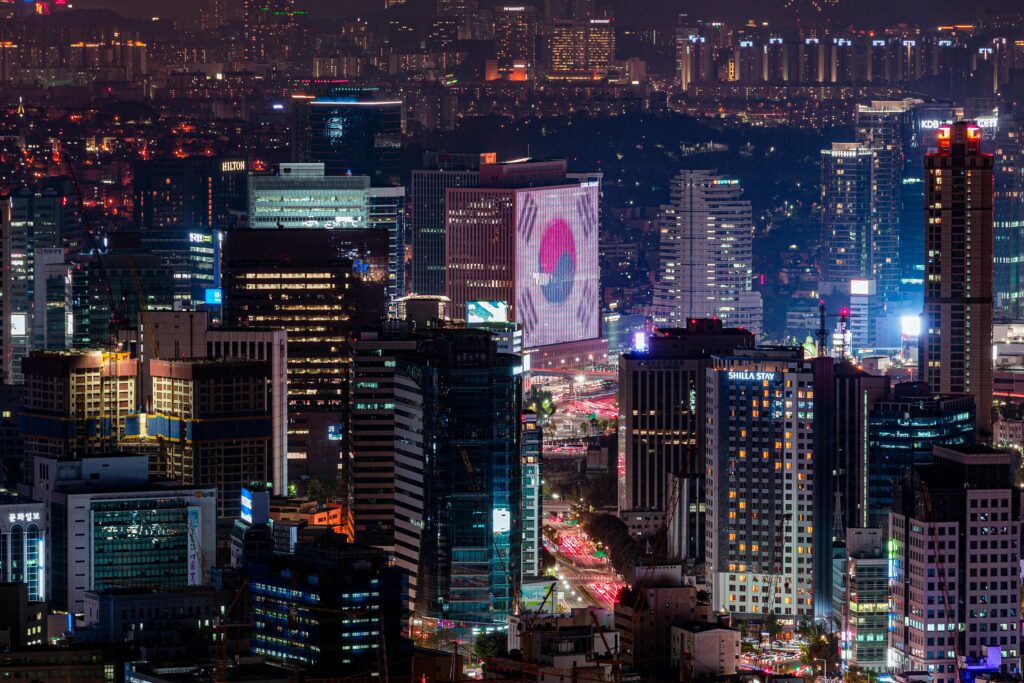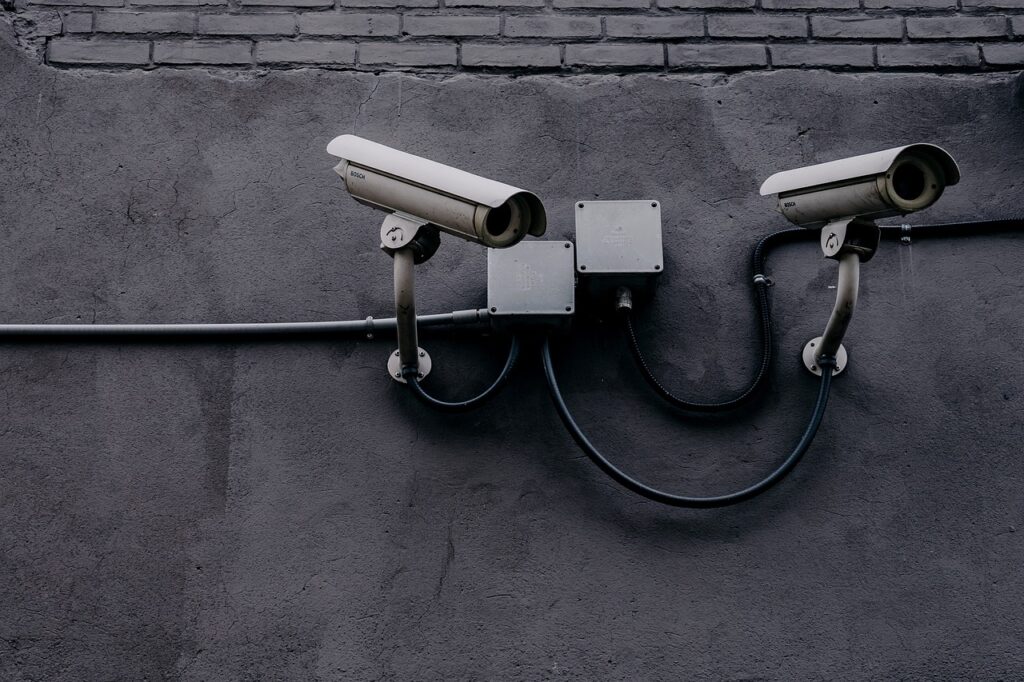In a surprising twist just weeks after reopening its borders to foreign visitors, North Korea has halted tourism once again. This decision has raised many questions among international observers, travel agencies, and experts on the secretive nation. While initial reports centered on the abrupt pause, a deeper analysis reveals a multifaceted move that touches on political strategy, economic recalibration, and internal security concerns.

Historical Context and Recent Developments
North Korea’s tourism industry has always been an intricate tool—used as both a source of foreign currency and a tightly controlled means of cultural diplomacy. The recent reopening had been heralded as a cautious step toward engaging the outside world after years of isolation. However, the subsequent suspension indicates that the regime is recalibrating its approach, perhaps driven by:
- Internal Policy Adjustments: The government may be using the pause to reassess its tourism infrastructure and security protocols, ensuring that the controlled flow of visitors aligns with its long-term strategic goals.
- Diplomatic Signaling: Halting tourism could also serve as a message in ongoing diplomatic negotiations, reinforcing the regime’s readiness to close its doors if external conditions threaten internal stability.
Historically, North Korea has alternated between opening up and closing its borders, often in response to domestic pressures or international developments. This latest move fits within that pattern of cautious engagement.
Political and Security Considerations
The decision to suspend tourism is unlikely to be driven solely by economic concerns. Instead, it reflects a broader set of political and security factors:
- Regime Stability: By limiting the influx of foreign visitors, the government can better control the narrative and restrict access to sensitive areas. This move helps maintain the tightly managed image of the state.
- Security Protocols: Increased global scrutiny and the potential for unwanted foreign influence may prompt enhanced security measures. Halting tourism allows authorities to implement stricter controls and review potential vulnerabilities.
- Geopolitical Signals: In a region marked by shifting alliances and periodic tensions, the suspension might be intended to assert sovereignty and signal a readiness to act independently of external pressures.

Economic Repercussions and Strategic Realignment
Tourism, while offering a rare glimpse into North Korea, also represents a significant revenue stream. The sudden halt is not without economic consequences:
- Loss of Foreign Exchange: With limited tourism, the nation faces a reduction in much-needed foreign currency. This could affect local enterprises that depend on tourist spending.
- Impact on Local Businesses: From guided tours to souvenir shops, many small businesses rely on the seasonal influx of visitors. The pause may force these enterprises to seek alternative revenue sources or pivot to domestic markets.
- Long-Term Investment: Some analysts suggest that this is a period of strategic reassessment. By temporarily halting tourism, the government might be planning investments in better infrastructure and security, potentially leading to a more sustainable tourism model in the future.
Cultural and Social Impacts
Beyond the economic and political spheres, the tourism pause affects cultural exchanges and social perceptions:
- Controlled Narrative: North Korea has always used tourism as a way to project a controlled image of its society. The suspension allows the government to tighten that narrative without the unpredictable influence of foreign visitors.
- Local Sentiments: For many North Koreans, tourism represents both an opportunity for economic gain and a potential source of cultural contamination. The halt may reflect a broader societal debate about the pace and nature of engagement with the outside world.
Future Prospects and International Reactions
The international community watches this development with keen interest:
- Uncertain Reopening: Analysts are divided on when—or if—tourism will resume. Some suggest it may be a temporary measure, while others see it as a sign of deeper internal shifts.
- Global Perception: The decision reinforces North Korea’s reputation as an unpredictable and tightly controlled state. Travel agencies have already adjusted their strategies, and prospective tourists remain cautious.
- Diplomatic Implications: The move may also influence how other nations interact with North Korea. As part of its broader policy, the suspension of tourism could be leveraged in diplomatic dialogues, affecting negotiations on issues ranging from security to economic sanctions.

Frequently Asked Questions (FAQs)
Q: Why did North Korea halt tourism just weeks after reopening?
A: The suspension is likely a strategic decision driven by internal policy reassessment, enhanced security concerns, and diplomatic signaling. It allows the regime to control visitor flow and review its tourism infrastructure.
Q: Will tourism ever resume in North Korea?
A: While many experts believe the halt is temporary, the timeline for reopening remains uncertain. Future decisions will depend on domestic stability, security evaluations, and broader geopolitical factors.
Q: What are the economic impacts of this decision?
A: The halt affects foreign exchange earnings and local businesses reliant on tourist spending. However, it may also provide an opportunity for the government to invest in improved infrastructure and security measures for a more sustainable tourism model.
Q: How does this move affect North Korea’s international relations?
A: The decision reinforces the nation’s image as a controlled and unpredictable state. It could be used as a bargaining chip in diplomatic negotiations, impacting how other countries engage with North Korea.
Q: Are there any cultural implications tied to this decision?
A: Yes, limiting tourism helps the government maintain a controlled narrative about North Korean society. It also reflects domestic debates about the pace and nature of cultural exchange with the outside world.
In conclusion, North Korea’s decision to halt tourism shortly after reopening its borders is a multifaceted move that reflects strategic reassessment, security concerns, and a desire to control its international image. As the country navigates these challenges, both local businesses and international observers await further developments, hopeful that future policies will balance openness with the regime’s need for control and stability.
Sources BBC


